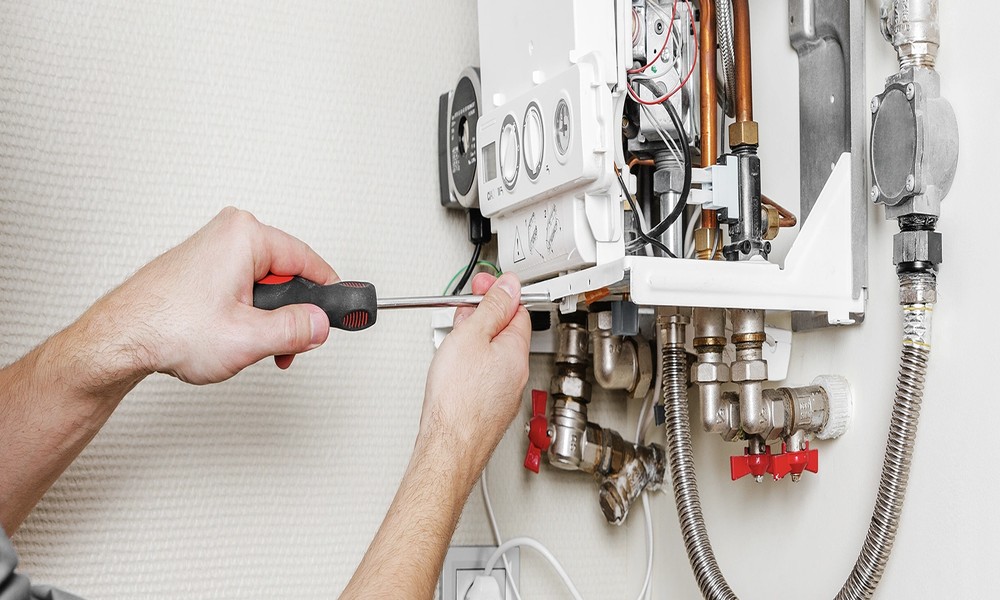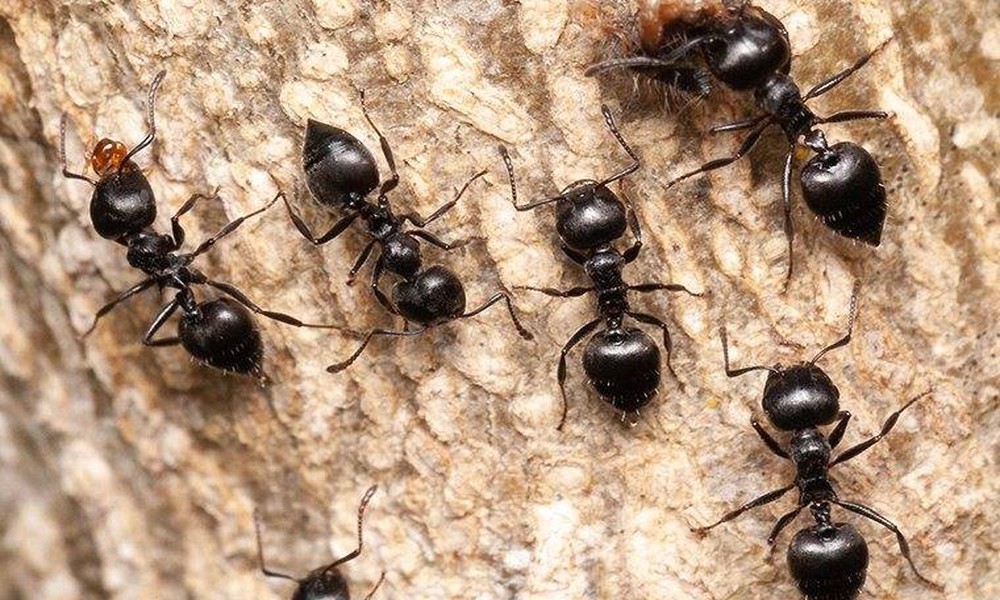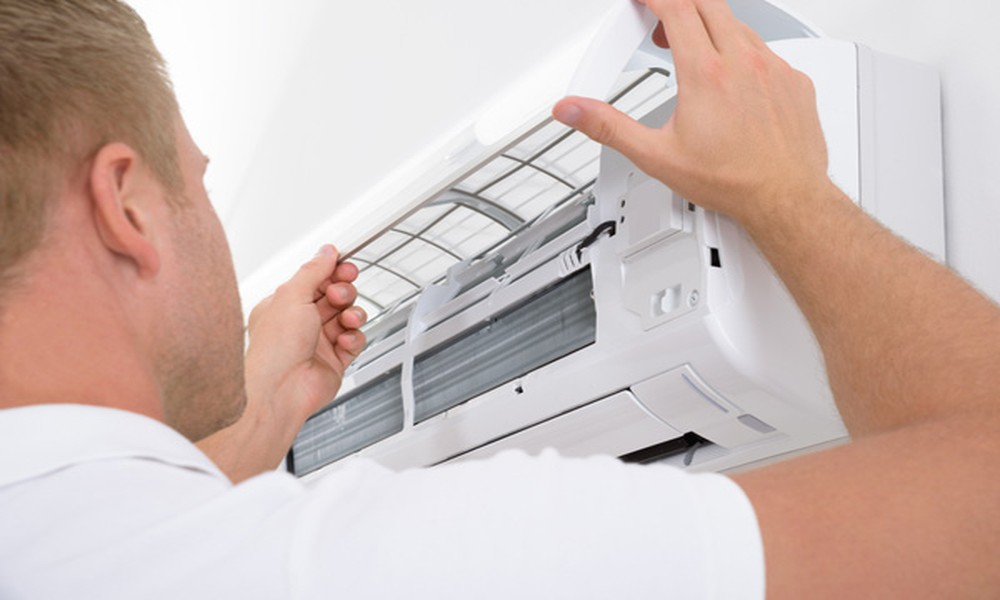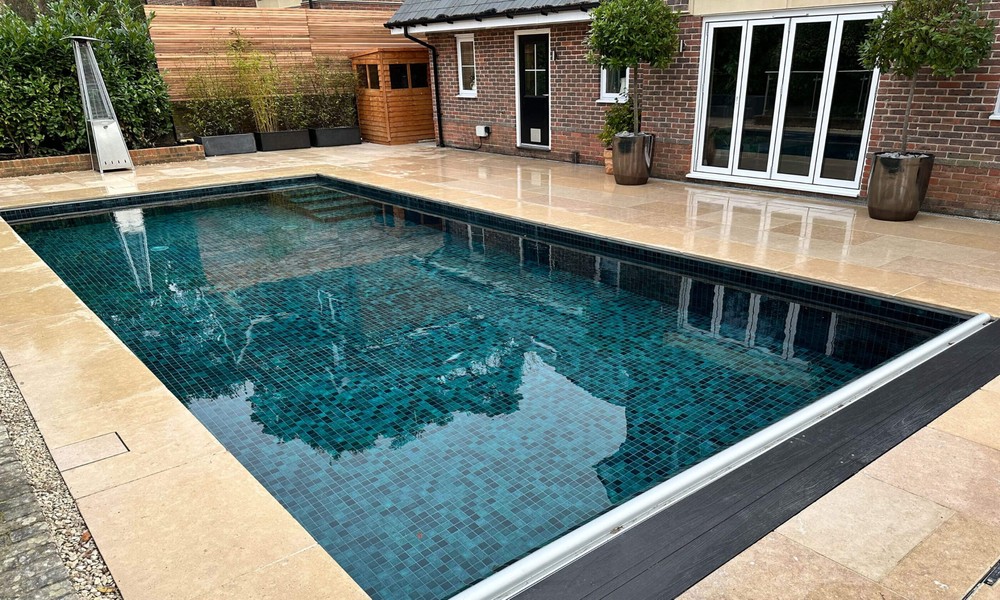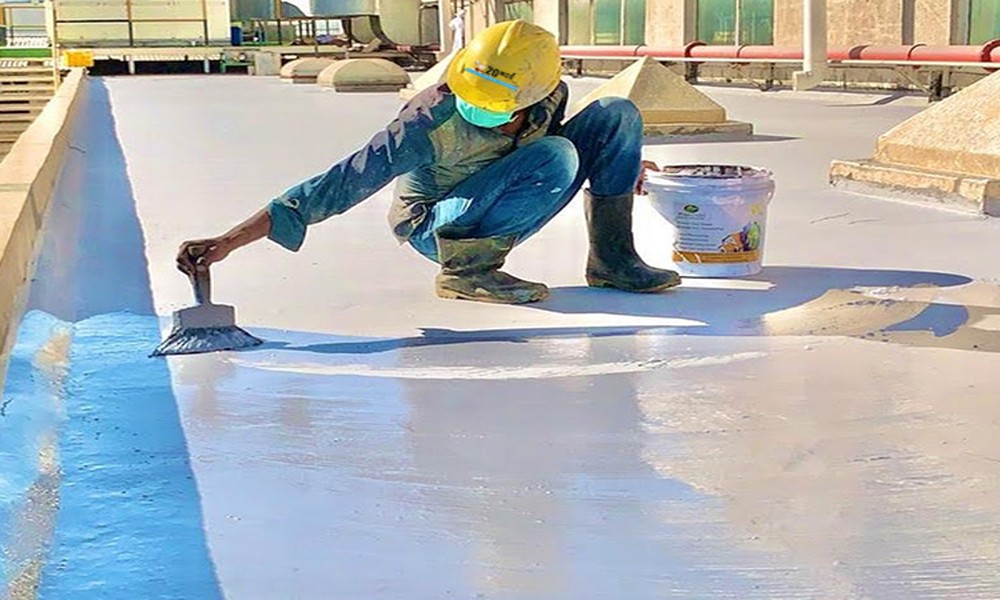
Twin Falls has clean and dependable local water. However, this water contains a high amount of calcium and magnesium. These naturally occurring elements are safe to drink, but they can cause wear and tear on your plumbing system. Understanding how water quality affects your home’s pipes can help you prevent costly repairs, protect your fixtures, and extend the life of your plumbing. Also, it helps you decide when to call the best plumber in Twin Falls to help with local water issues. Below, you will learn what is in Twin Falls’ water and how it impacts your plumbing system.
The water in Twin Falls comes from a combination of groundwater wells and surface water sources. The city does a great job of keeping the water clean and safe for everyday use, but it does contain a noticeable level of minerals. This is called hard water.
Hard water is not harmful to your health. In fact, many people drink it daily with no issues. But can be hard on your plumbing. The minerals in the water leave behind residue that builds up inside your pipes and appliances. Here’s how this water can impact your pipes and appliances.
Hard Water and Scale Buildup
The minerals in hard water that flows through your plumbing system settle and form limescale. Limescale is a chalky white substance that clings to the inside of pipes, fixtures, and appliances. Limescale buildup narrows the space inside your pipes, making it harder for water to flow. This can cause a noticeable drop in water pressure, especially in showers and sinks. The added stress on your pipes can lead to leaks, corrosion, or complete blockages.
Water Heater Trouble
Your water heater is especially sensitive to the effects of hard water. Minerals that settle at the bottom of the tank create a thick layer of sediment. This makes it harder for the heating element to warm the water, which means your system uses more energy and wears out faster.
In Twin Falls homes, water heaters struggle after just a few years of use. Flushing the tank once or twice a year can help, but you may need a professional to help if the sediment has already built up. This is where the technicians from Master Plumbing can help. The technicians from this Meridian-based business can clean, maintain, or replace your water heater before problems get worse.
Damage to Faucets and Fixtures
The white spots and stains on your faucets can be due to hard water. The minerals in Twin Falls’ water love to cling to metal surfaces, leaving behind crusty deposits that are hard to clean and harder on your fixtures. This buildup can clog faucet aerators and interfere with how well your fixtures function. Master Plumbing’s technicians are familiar with this common issue in Twin Falls homes and can quickly replace worn-out parts or recommend more durable, water-resistant options for long-term use.
Shorter Appliance Lifespan
Hard water can shorten the life of your appliances. Dishwashers, washing machines, and coffee makers depend on water to work properly. These machines have to work harder and break down faster if the water is full of minerals.
Your dishwasher might not clean as well or that your clothes don’t feel as soft after a wash. This can indicate that your appliances are struggling with hard water. Installing a water softener can improve the performance and prolong the life of these appliances.
What You Can Do
It is important to have your system inspected by a licensed plumber if you are concerned about how Twin Falls water affects your pipes. A Master Plumbing plumber can spot early signs of buildup, recommend water treatment options, and help you maintain your plumbing for the long haul.


